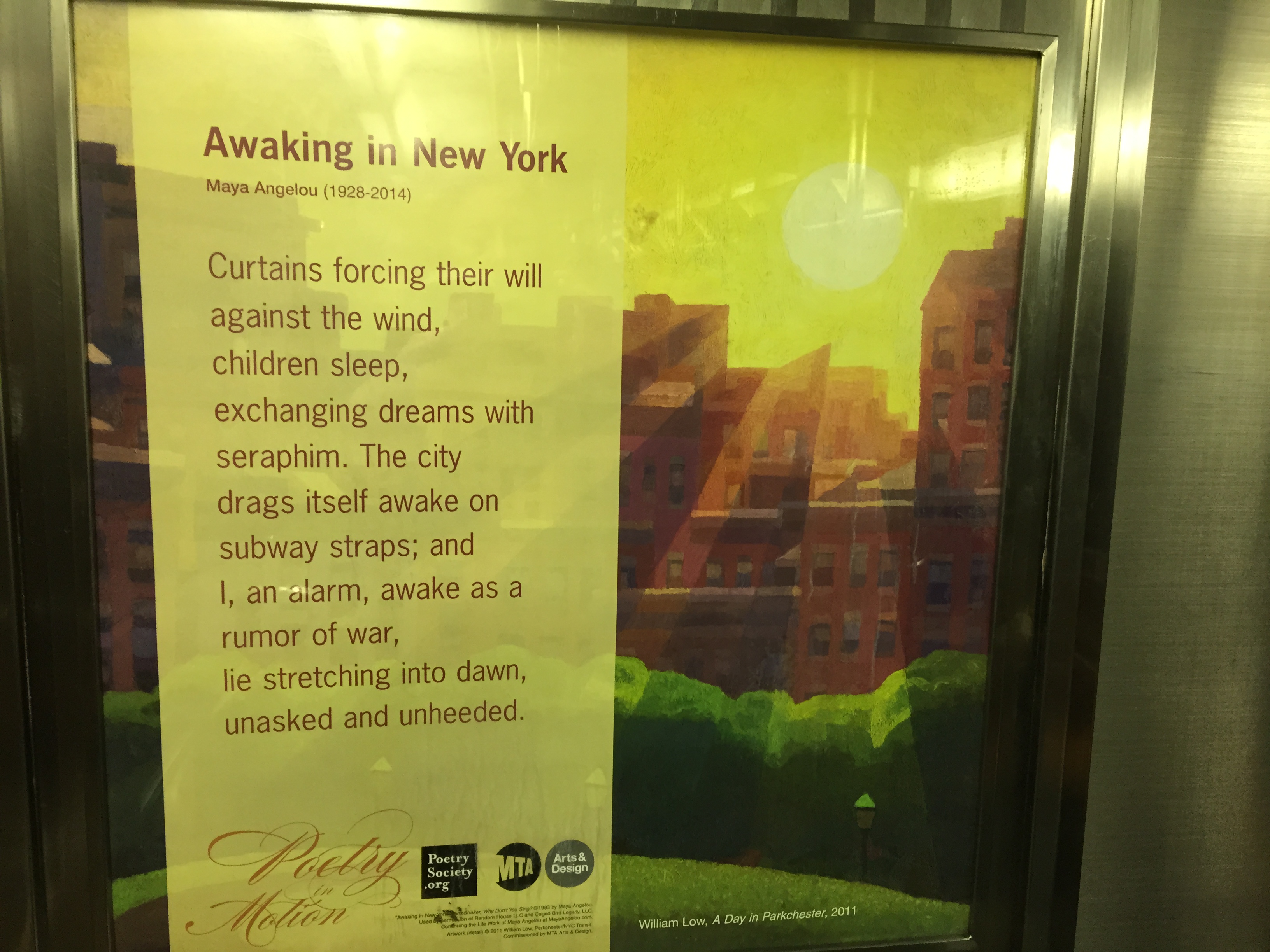Happy International Day of Happiness!
Be happy. Or happy someone today. According to the Oxford English Dictionary, happy used to be a transitive verb meaning “to make happy”.
Fortune shines on you when you’re happy. Continue reading

Happy International Day of Happiness!
Be happy. Or happy someone today. According to the Oxford English Dictionary, happy used to be a transitive verb meaning “to make happy”.
Fortune shines on you when you’re happy. Continue reading
A scene from the popular British TV soap “Casualty”
Bloomberg View reported earlier this week that “U.S. Exaggerates Islamic State Casualties”, and a headline in the Detroit News read: “Marine casualties from Fla. helicopter crash identified”. The context of the statements leaves us in no doubt about what is meant by the word casualty here: it’s being used in its most extreme and tragic sense — to signify death. (In its plural form it’s commonly used to denote the death-count from a war or accident.)
We also meet the word casualty in a slightly different incarnation. “The unseen casualties of Japan’s lost decades suffer in silence”, reported Sahoko Kaji recently in the Financial Times, and “The Journalistic Casualties of The Guardian’s Erroneous Whisper Story” was a headline in New York magazine a few days ago. Again there’s no ambiguity here in the sense of the word, which can also refer to someone injured (in a war or accident) or a person or thing lost in or badly affected by an event or phenomenon. (In the UK there’s an additional meaning: you go to “casualty” — just as an American might head to the ER — for treatment after an accident or emergency.)
Now let’s turn to the adjective casual, so close in spelling to the ominous noun, and suddenly the mood is lifted. Whether it describes something happening by chance (i.e. not planned or expected), informal (i.e. calling for ordinary dress or behavior), or done without much thought, effort or concern, the word seems very far away in meaning or nuance from the mortal or grave sense of casualty, which is invariably associated with disaster. Can the words possibly be related? Continue reading
At the time of writing, there are just over 915,400,000 live websites online — and counting, according to InternetLiveStats.com. New apps and sites are being added to our cyber-world by the second — and as fast as the new hopefuls pop up on our screens with their snappy vowel-less monikers, so do hundreds of Zuckerberg-wannabes surrender their lowercase domain names back to GoDaddy, hanging their bearded chins in their youthful hands and wondering what went wrong. Well, one thing that helps make a good site is a good name. But what gives a cyber-name its magic? Continue reading
Yesterday was National Grammar Day, and Glossophilia published a short grammar quiz. We asked how many of these eleven images depicted a grammatical mistake. The answer is:
None.
Here’s why: Continue reading
It’s National Grammar Day! To celebrate the occasion, take Glosso’s short quiz to find out if you know your grammar. Have fun and good luck!
* * *
How many of the eleven images below depict a grammatical mistake? Post your number (no spoilers please) in the comments section; the answer, with explanations, will be published tomorrow. Continue reading
Are we now safe to boldly go where we weren’t allowed to before? Glossophilia tackles the dastardly split infinitive: here’s most of what you hoped possibly to know — or hoped to possibly know — about grammar’s favorite villain.
Lord Byron’s poem Solitude, written in the early 19th century, opens with these lines:
“To sit on rocks, to muse o’er flood and fell,
To slowly trace the forest’s shady scene” Continue reading
TGIF. Language and usage in the news this month: confessions of a comma queen; the possible death of “uh”; a town torn apart by an apostrophe; the mid-Atlantic language mash-up; some non-translatable idioms; what your pronunciation says about you; and a critique of Wikipedia’s grammar vigilante. Continue reading

Seen on the NYC subway C train, Feb 25, 2015.
A daisy isn’t just a flower — or a girl’s name. It’s a traditional long drink — a spirit base with lemon juice and sometimes soda, sweetened with grenadine, sugar or a fruit syrup –and it’s been enjoyed in its various brandy and gin incarnations since the mid-19th century. According to WebTender Wiki (yes, there is one), a recipe for Brandy Daisy was listed in Scientific Bar-Keeping by Joseph W. Gibson in 1884, and Esquire professes to have another such recipe from “Professor” Jerry Thomas dating back to 1862, calling for curaçao and fragrant Jamaican rum.
Why is the cocktail called a daisy? Continue reading